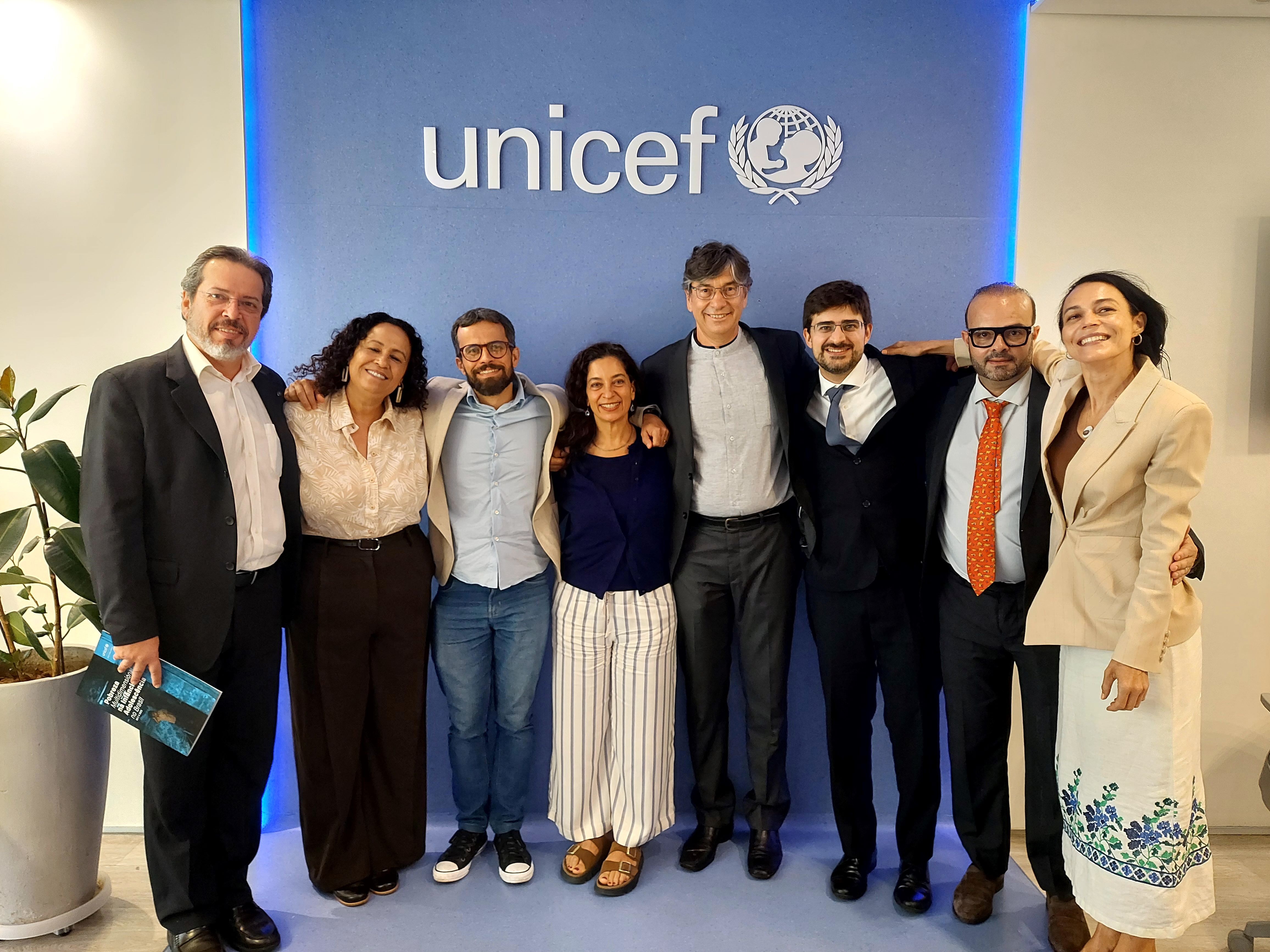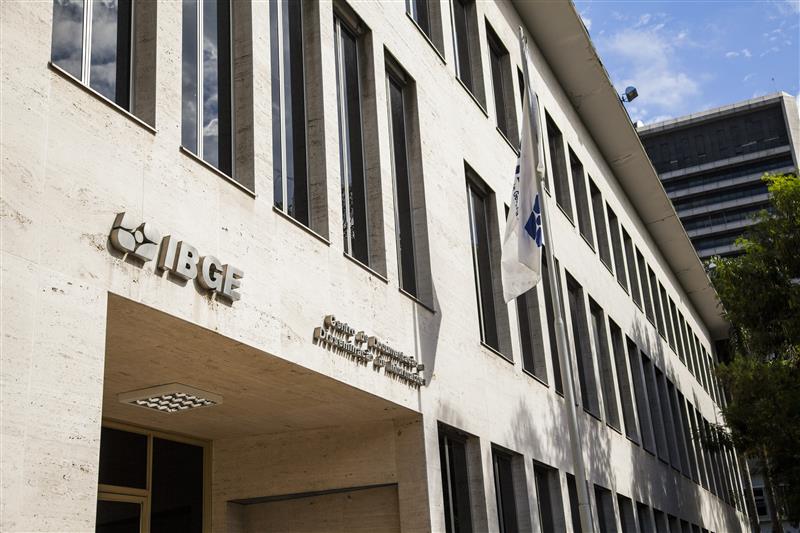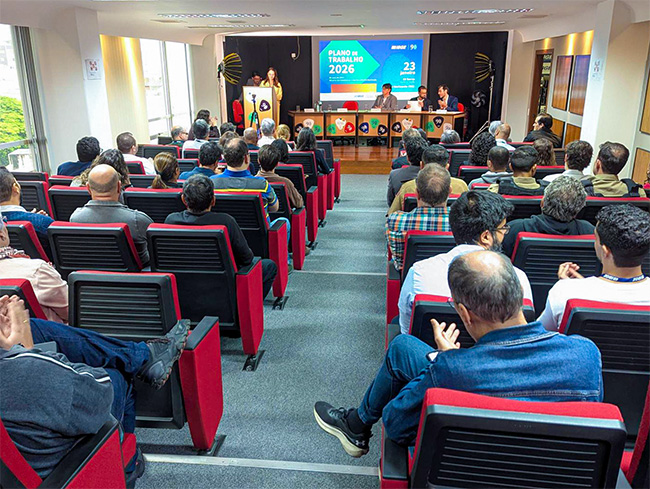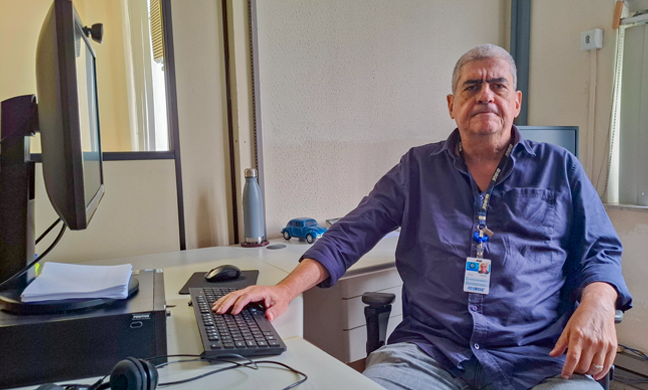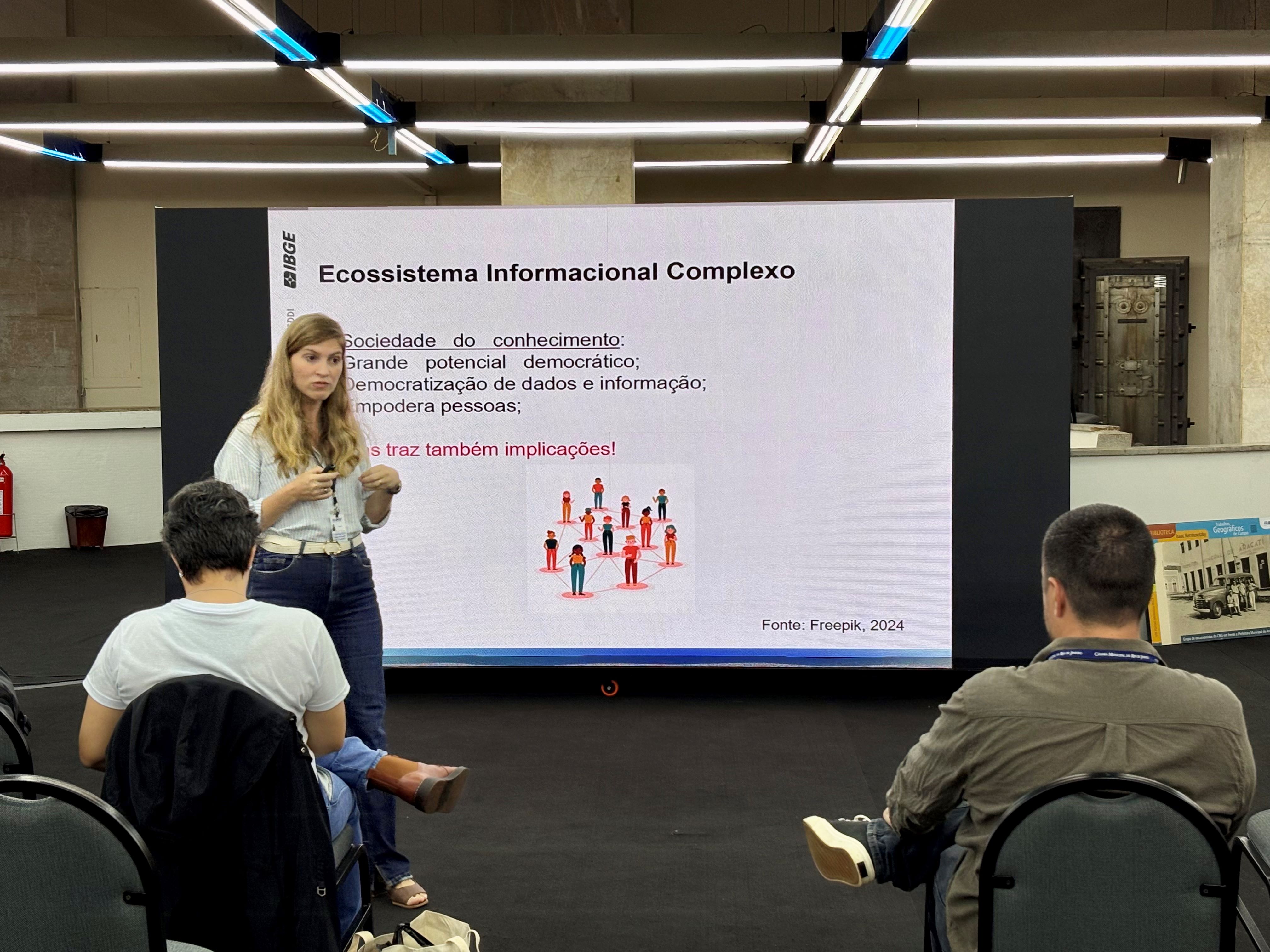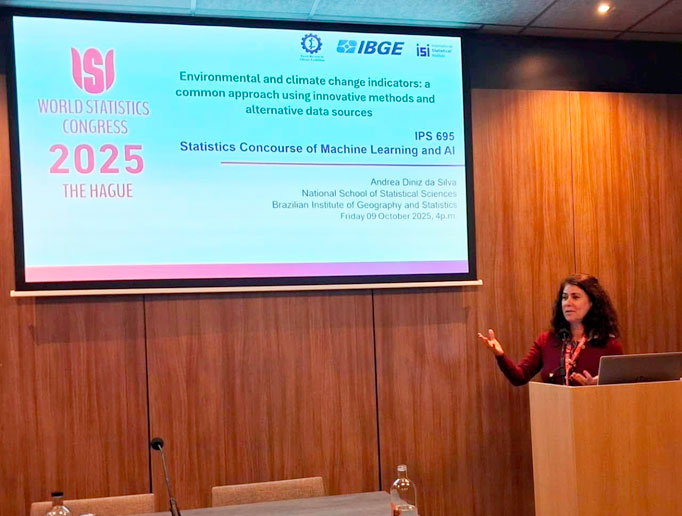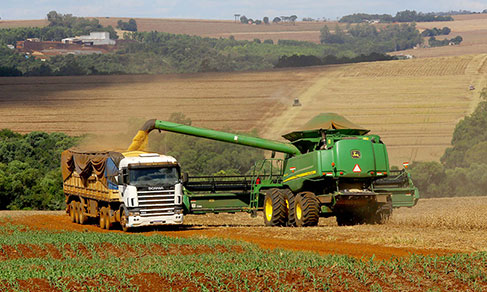2022 Census
IBGE Names Database has had more than five million visits one week since its lauch
November 12, 2025 03h00 PM | Last Updated: November 14, 2025 01h20 AM
In one week, the new edition of Names in Brazil has more than five million visits and amplifies the success of the tool created in 2016

A week after its launch, on November 4, the new website Names in Brazil hit a record and had twice more visits than in the month when the first edition was launched, in 2016. Repeating the proposal to catalog people's first names, the update included data on surnames collected in the 2022 Population Census and added functionalities such as “Names in the Wolrd", trivia and thematic games. More than five million visits were counted in the first few days from the release.
"The 'Names in Brazil' database is a powerful communication tool for the IBGE, bringing the institution closer to the general public and showing that the work we do is important and concerns everyone's lives, regardless of the apparent complexity of the numbers we usually publish," said Tarsus Magnus, one of the developers on the team in charge of the website.
A sharp increase in visits
In addition to the name database itself, the increase in accesses to other IBGE products was also repeated, just as it was at the launch in 2016: "It's a tool that works as a gateway to other IBGE products and data. It's no coincidence that the main IBGE portal, during the week of the 'Names in Brazil' launch, had twice the visits it usually gets," pointed out Rodrigo Rego, Innovation and Development Manager and responsible for the project.
The influx of new users is considered one of the important results of the project, according to the Coordinator of Online Services and Experience, Roberto Stoeterau: “One of the biggest challenges for IBGE today is the resistance researchers face when collecting data from the population. Initiatives like the ‘Names in Brazil’ project bring citizens closer to the information disseminated by the institute.”
To meet the unexpected demand that occurred during the launch of the first edition, the technical team in charge needed to develop solutions to balance the access load and ensure that all IBGE services woukd remain online. “In this new edition, we tested the infrastructure beforehand to identify processing bottlenecks, sized resources based on previous experiences, and optimized the application's data storage,” explained the Infrastructure and Web Services Manager, Augusto Mendonça.
Interest in the database was also reflected on social media, becoming a trend in posts by Brazilian users, who republished the search results for names and related interesting facts. On the official IBGE Instagram profile alone, content based on the new Names in Brazil database had over 650,000 views.
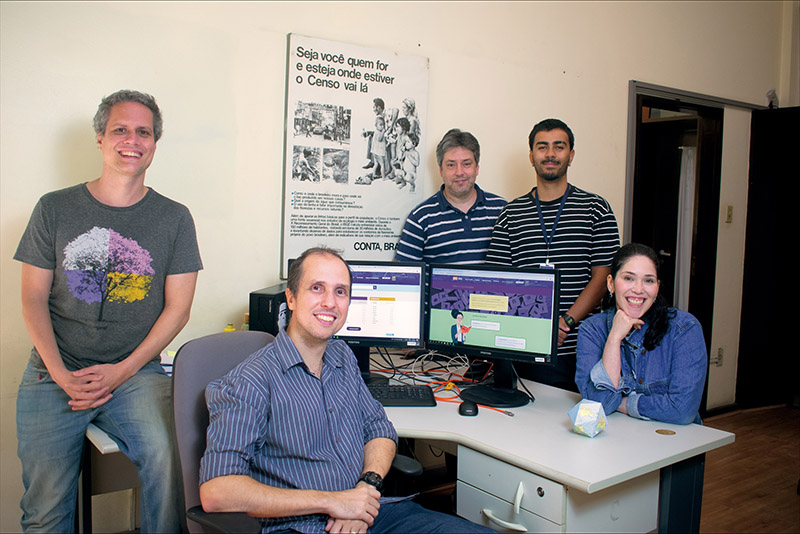
Historical background
Until the 2010 Population Census, the "name" field on the form was not used for statistical purposes. In 2016, the IBGE (Brazilian Institute of Geography and Statistics) technicians realized it was possible to use the data create a ranking of the most common first names among the Brazilian population surveyed. By cross-referencing geographic incidence, birth period, and gender declared by respondents, more information became available.
In the 2022 Census questionnaire, the first and last name fields were separated to improve the quality of the collected data. This change allowed for the expansion of the "Names in Brazil" database, which began to explore surnames based on the results of the Demographic Census. According to Giulia Scappini, technical coordinator of the Demographic Census, "knowing first and last names is knowing our diverse origins, family trajectories, and cultural transformations that span time and territory." "It's a product that relates to the history of the entire Brazilian population and, therefore, sparks so much curiosity," she summarizes.
The Deputy General Coordinator of the Center for Information Documentation and Dissemination Center, Leandro Albertini, analyzes the success of the platform: “This database has always sparked enormous curiosity in people, attracting everyone from children and teenagers to the older adults, and the possibility of searching one's own surname has further boosted this interest. The resources that allow for the analysis of historical and geographical trends of names and the other implemented functionalities make the tool the success it is, a valuable product for both researchers and for moments of discovery within the family.”
From school to the academia
The name database provided by the IBGE (Brazilian Institute of Geography and Statistics) is considered by Linguistics professionals to be one of the main sources for obtaining anthroponymic onomastic data, that is, on people's names. For Patrícia Carvalhinhos, PhD in Linguistics and professor at the University of São Paulo (USP), the update of the tools was a cause for celebration among researchers in the field. "Understanding the incidence of first and last names in a population is a way for us to understand not only that population itself, but also the culture and dynamics of that society, whether in a synchronic moment or over several periods, and the tool has that," she explains.
The acting manager of IBGEeduca, Agláia Tavares, also highlights the pedagogical use that the name database provides: “The Names of Brazil website is a great tool for educational purposes because of its accessible language and playful content, which favor children's engagement in learning basic statistical concepts, mainly by humanizing the data. Furthermore, it is aligned with the National Common Curricular Base because the learning of statistics and probability is foreseen within the Mathematics subject,” she concludes.



